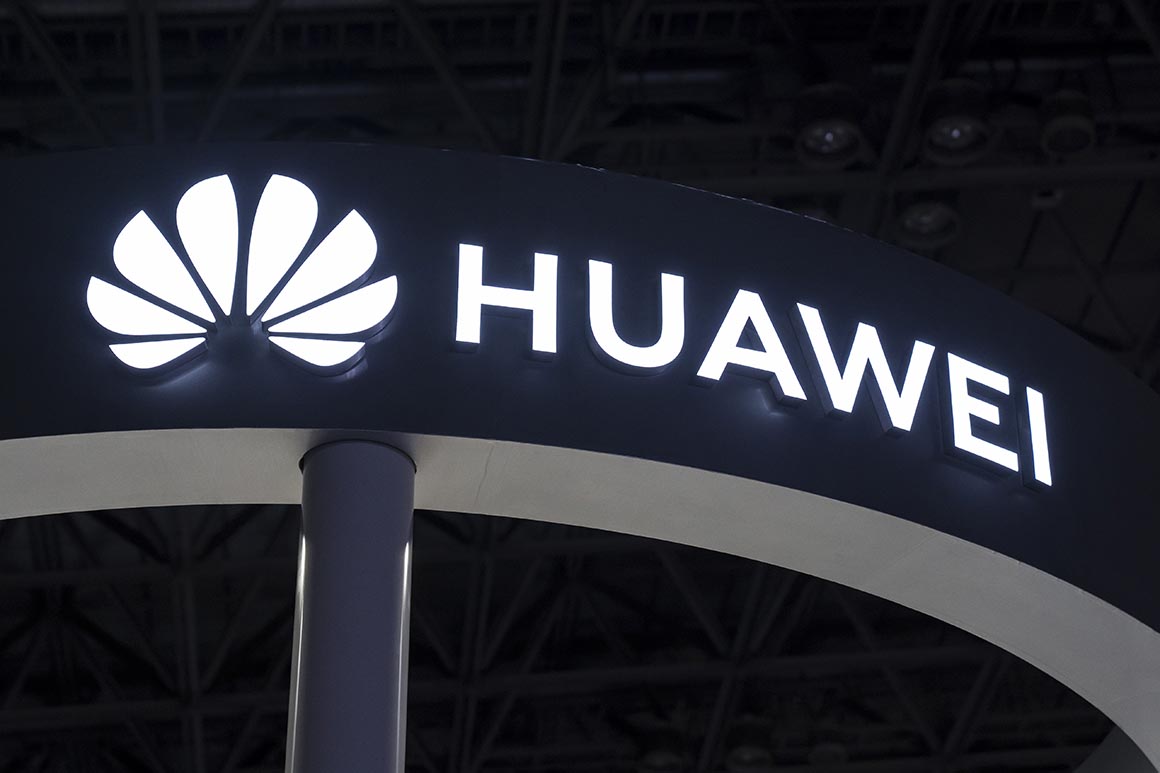
The issue will be the subject of a meeting Wednesday among deputy-level officials from Commerce, Defense and other departments. Cabinet-level officials, including Commerce Secretary Wilbur Ross, Defense Secretary Mark Esper and Treasury Secretary Steven Mnuchin are expected to meet on Feb. 28 to discuss the rule and how to proceed with other export-control issues related to China.
Pentagon officials in the department’s research and engineering division had initially opposed the rule over concerns that it would hurt the ability of U.S. semiconductor companies to remain a dominant force in the industry, according to people familiar with the issue.
Further restricting U.S. sales to Huawei, which is significant source of revenue for many companies, could derail investment in research and development of more sensitive chipsets vital for next generation fighter aircraft and other weapons, they argued.
The Defense Department’s undersecretary for policy, John Rood, has overruled those concerns, the people said.
Defense and Commerce did not immediately respond to requests for comment.
U.S. semiconductor companies found other ways around the blacklisting, including supplying Huawei through subsidiaries or partners in foreign countries.
Currently, a foreign-produced good that contains 25 percent U.S.-origin content can be exported to a company on the entity list. The Commerce rule would cut that threshold down to 10 percent for any goods exported to Huawei or its in-house semiconductor business HiSilicon.
Commerce had withdrawn the proposal after objections were raised by Defense. It’s unclear if Commerce’s proposal, which has not yet been made public, will be subject to a public comment process.
“While many companies believe their U.S. content is far below 25 percent, 10 percent is a different animal,” said a person close to the issue.
The reversal in position comes after Esper urged balance on the issue. The Defense Department, however, has prioritized China as a top strategic challenge to the U.S.
“We have to play a strong offense. That includes increased R&D. That includes better [intellectual property] policies,” Esper said last month at the Center for Strategic and International Studies. “But it also means a strong defense, whether it’s export controls and other defensive measures that we can take to ensure that our technology’s protected.”
U.S. policy, he added, has to be conscious of sustaining companies, supply chains and innovators.
U.S. lawmakers pushed back against the Pentagon’s initial position when it was first reported by The Wall Street Journal.
„Huawei is an arm of the Chinese Communist Party and should be treated as such. It is difficult to imagine that, at the height of the Cold War, the Department of Defense would condone American companies contracting with KGB subsidiaries because Moscow offered a discount,“ Republican Sens. Tom Cotton of Arkansas, Marco Rubio of Florida and Ben Sasse of Nebraska wrote in a letter to Esper.
Representatives of U.S. chip companies have argued in closed door meetings with U.S. officials that the semiconductors and components sold to Huawei for its smartphones are widely available from competitors in other countries and don’t represent a national security risk.
Huawei was placed on Commerce’s entity list last year prohibiting U.S. companies from supplying the Chinese telecom manufacturer with semiconductors and other components. Some companies have been granted temporary exemptions to continue a limited amount of business.
The Shenzhen-based company is embroiled in a larger fight over its role in supplying equipment for next generation 5G networks around the world.
The U.S. has largely prohibited Huawei from supplying U.S. telecommunications companies with equipment and is pressing allies to similarly ban Huawei, but the semiconductor industry says export restrictions on commercially available items and technology harm their ability to further innovate.
Commerce is also weighing a separate proposal that would subject to U.S. export controls any products going to Huawei that are made in other countries and based on U.S. technology. The proposal would broaden the current rule, which applies only to sensitive U.S. technology controlled for national security reasons.
Source: politico.com
See more here: news365.stream






